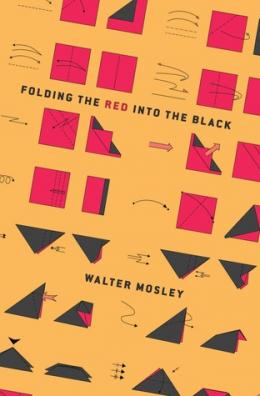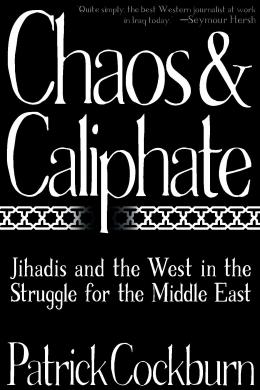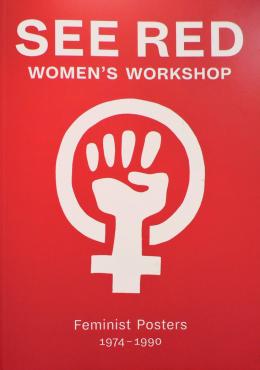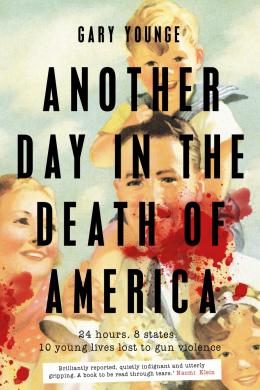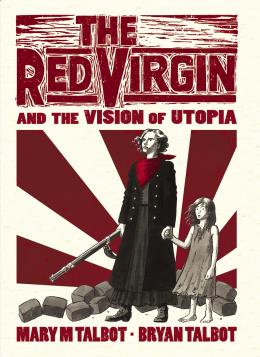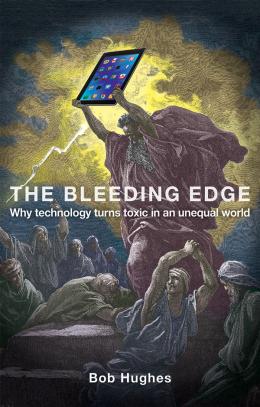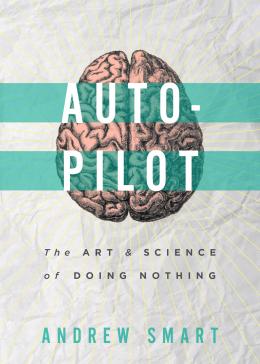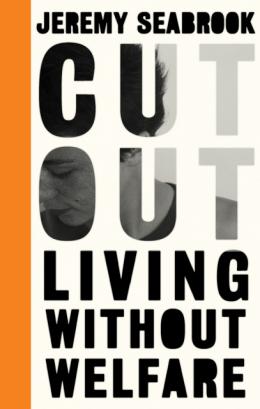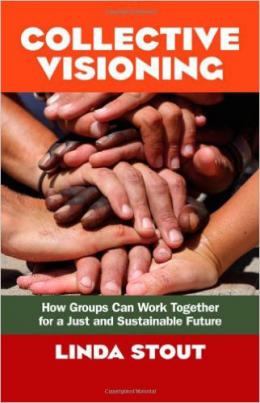The writer and radical Walter Mosley is best known for his crime novels, in particular those featuring his African-American private investigator Easy Rawlins, hero of the best-selling Devil in a Blue Dress. But Mosley’s prolific output also includes science fiction, erotica, non-genre fiction and five short political tracts addressing issues such as race and US foreign policy.
In this, his latest foray into politics, he turns to economics, proposing a ‘shotgun wedding’ between socialism and capitalism. Such a marriage is…
Reviews
Hsiao-Hung Pai is a Taiwanese writer who has lived in London’s East End since 1991. Over three years she spent many hours interviewing far-right extremists and campaigners, often maintaining contact with them.
’Their faces on the TV screens and the front pages of newspapers show such deep anger, hatred and, above all, alienation, yet no explanation is ever given’, she writes. ‘Surely, I thought to myself, no one’s born a bigot. So what are the circumstances that have driven them to adopt such ways of thinking?’
The…
In this collection of original news reporting and analysis, journalist Patrick Cockburn describes in detail the long build-up to the establishment of the Islamic State of Iraq and Syria (ISIS) in Iraq. Arranged as a series of diary entries, these reports give a clear picture of how the lasting effects of UN sanctions in the ’90s, invasion and regime change in 2003 and the resulting devastating civil war all contributed to the formation of ISIS. The book also covers the recent conflicts in Libya, Syria, Afghanistan and the Yemen, with…
In 1979, Conservative central office received a fawning letter requesting a high-quality photo of the then-prime minister Margaret Thatcher. Unbeknownst to those who duly sent it, the black and white photograph was incorporated in the poster shown opposite.
In one simple image, Thatcher’s political duplicity towards women had been laid bare for all to see. This image, titled Tough! is just one of the many familiar posters created by the See Red Women’s Workshop, a grassroots feminist collective established in 1974 in…
Last year, excluding suicides, over 13,000 people in the US – including roughly 2,500 children and teenagers – were killed by firearms. In 2012 – the most recent year for which comparable statistics are available – the number of gun murders per capita in the US was nearly 30 times that in the UK.
Yet, though ‘each individual death is experienced as a family tragedy that ripples through a community,’ notes Gary Younge ‘the sum total barely earns a national shrug’. Indeed, with the exception of mass shootings with large numbers of…
When I started this graphic novel I had never heard of the French revolutionary Louise Michel and, after a somewhat dull start, I wasn’t sure that I wanted to continue finding out. I’m glad I did.
Michel’s story is told by three people who meet on the day of her funeral, 22 January 1905: her friend Elianne, Elianne’s daughter Monique, and the feminist writer Charlotte Perkins Gilman, author of the famous science-fiction novel Herland.
Michel took part in the 1871 uprising in Paris that led to the short-lived…
Mark Curtis’s influential and constantly-useful book Web of Deceit – Britain’s role in the real world was published 13 years ago. Though it’s not made explicit, Britain’s Secret Wars seems to be an attempt to update Curtis’s critical history of UK foreign policy, with TJ Coles exposing often covert wars ‘waged for the financial benefit of sectional interests and result[ing] in widespread crimes against humanity’.
Other similarities to Curtis include endorsements from Noam Chomsky and John Pilger and an admirable…
In 2014, the renowned physicist Stephen Hawking told the BBC: ‘The development of full artificial intelligence could spell the end of the human race.’ ‘Whereas the short-term impact of [artificial intelligence] depends on who controls it,’ he later wrote, ‘the long-term impact depends on whether it can be controlled at all’.
Andrew Smart shares these concerns and proposes that, should superintelligent machines ever be developed, they should be given ‘the digital equivalent of LSD’, to help them develop an ‘ecological sensitivity…
In her foreword to this short story collection, publisher Meike Ziervogel writes that she ‘commissioned Olumide Popoola and Annie Holmes to go to the Calais refugee camp to distil stories into a work of fiction about escape, hope and aspiration.’
The ethical challenge of distilling the stories of people living so precariously into a work of fiction is clear: the charge of exploitation lies in ambush behind every sentence. This risky endeavour has paid off, however, producing a poignant and indelible work of fiction and a…
The Bleeding Edge deftly exposes the catastrophic impacts of inequality, exploding the myth that technology has brought us ‘the best of all possible worlds.’ Examining the lives of workers at the bleeding edge of our high-tech world, Bob Hughes explains how the ‘escalating human impact on the earth has gone hand in hand with successful encroachments on egalitarian culture.’
A central argument of the book is that capitalism has given us gadgets that we did not ask for and do not need. Yet governments and corporations have…
According to Andrew Smart, ‘a sharp increase in idleness, absenteeism, laziness, and non-industriousness’ might be ‘the most effective way to bring about positive social and political change’. Should activists take note?
‘In our hysterical rush to make money, gain status, compete for scarce jobs, jockey for promotions, make our kids athletic and intellectual geniuses, and organize our lives down to the second,’ Smart writes ‘we are suppressing our brain’s natural ability to make meaning out of experience.’
Moreover, ‘…
Using interviews, articles, personal stories and political commentary, Jeremy Seabrook’s latest book paints a bleak account of the current government’s ‘demolition’ of the UK welfare state.
Situated in and around Wolverhampton, local people, differing widely in their cultural backgrounds, tell their stories and the reasons that have led them to rely on benefits. Many of the interviewees are in low-paid insecure employment, or else are full-time carers and mothers.
The stories are at times depressing, heartbreaking even, such…
There’s a referendum in the offing and the far right is on the rise.... in East Berlin, 1994, the capital of the counter-factual people’s Grassroots Democratic Republic of East Germany, created when the Communist government was dissolved and the people turned down the option of uniting with West Germany.
In this action-packed sequel to Stealing the Future (see PN 2586-87), the country is now five years old, growing in confidence, and considering taking down the Berlin Wall that has protected its fragile economy…
In this novel Rivera Sun describes a USA of the not-too-distant future where the divide between rich and poor is even more pronounced than today. It is a land of media control, debt labour camps, martial law and curfews. Democracy no longer exists and terrorist attacks are common, but who are the real terrorists?
It all sounds very familiar and all too possible. However, what lifts her book up from the usual dystopian nightmare is what happens next.
Sun focuses her attention on people, and on what can happen when they…
Linda Stout starts her book with a successful mobilisation that dwindled rapidly and is now almost forgotten – the US ‘Nuclear Freeze’ campaign of the early 1980s. She points out: ‘Supported by 70 percent or more of the [US] population, the freeze was endorsed by 275 city governments, 12 state legislatures, and the voters in nine out of ten states where it was placed on the ballot in the fall of 1982.’
The Freeze campaigners demanded an end to the testing, production and deployment of nuclear weapons materials, warheads and…


